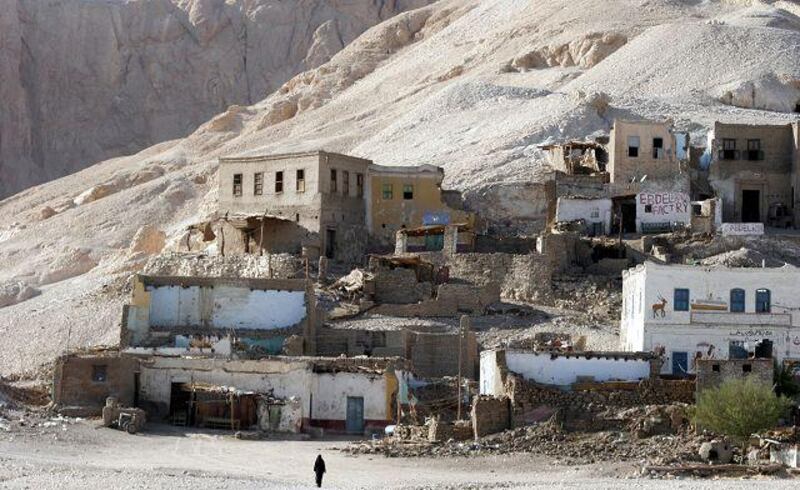NEW YORK // Migrants, poverty-stricken families, young people and the elderly have long numbered among the marginalised groups that struggle to make ends meet in the Arab world. UN officials now warn that such people are likely to suffer disproportionately from the devastating effects of a far-reaching global economic meltdown. Experts warned Arab leaders that bad policies could see those already living below the poverty line struggle even harder to pay for food, accommodation and other basic necessities.
"It has already started to affect low-income groups in the Arab world," said Frederico Neto, the director of social development for the UN's Economic and Social Commission for Western Asia. "We are seeing rents rising and families cutting down from eating three meals a day to two. "This is not only taking place in the poorer countries like Sudan and Egypt, but even in the Gulf, where members of the very large immigrant populations are feeling the impact of this crisis."
Mr Neto took part in a two-day global social development summit at UN headquarters last week to advocate better safeguards for low-income groups during the economic crisis. Wim Kok, a former prime minister of the Netherlands, said governments should cushion sidelined groups from price hikes and job cuts or face "rising tensions [and] social unrest". "The burden of the economic crisis must be shared in a fair way," Mr Kok said. "Don't let the poorest people in the world pay the highest price for our common problem, which wasn't caused by them."
Despite the economic optimism fuelled by soaring oil prices last year, the global housing and subsequent credit crises added to already existing regional woes brought about by high costs for food and energy. Arab League officials revealed the regional effect of the global crisis during Kuwait's economic summit last month, estimating that US$2.5 trillion (Dh9 trillion) had already been wiped off members' combined balance sheets. The region's stock markets shed around $600 billion of their capitalisation last year, marking a substantial turndown in regional economies that will likely spawn further job losses, analysts from the 22-nation body said.
Officials have long been concerned about the size of the Arab world's youth population, which necessitates the creation of 100 million new jobs by 2020 to avert a dangerous spike in unemployment. "The main issue for the region is how to create employment for vast numbers of young people," Mr Neto said in an interview. "If that doesn't take place, it will be like a wasted generation." The regional UN chief called on Arab leaders to adopt a "very proactive social policy" that would see marginalised and low-income groups protected by socially conscious government programmes. Such simple policies as issuing food stamps would help poverty-stricken families tackle hunger and malnutrition during tough times, he added.
Egypt's senior adviser to the ministry of social solidarity, Ahmed Abou Elkheir, said the gap between rich and poor widened during an economic boom when his country had an annual growth rate of seven per cent. The gap between haves and have-nots has similarly widened across the region, especially between the oil-rich Arab nations, which have accumulated more than $2 trillion from oil revenues in the past six years, and poor Arab countries that endure miserable conditions.
Qatar's per capita income of US$72,300, the highest in the Arab world, is 80 times higher than the $900 in Yemen, the poorest Arab country. "Economic growth does not necessarily lead to achieving the required comprehensive development and improving life quality, moreover it may be accompanied by an ill income distribution or lead to a gap between rich and poor," Mr Elkheir said. The deputy minister said Egypt's adoption of "social policies as the cornerstone of economic policies" would act as a "safety valve for society" and could guide policymakers across the region.
Researchers for the UN's economic and social commission are studying the effect of the economic crisis on migrants, the elderly, ethnic minorities and other groups for a report to advise Arab officials when it is published this year. jreinl@thenational.ae






